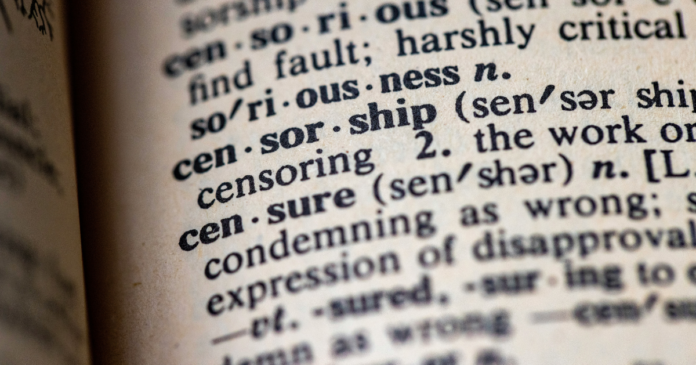The majority of Canadians don’t believe that the Trudeau government’s plan to regulate social media sites under Bill C-63, also known as Online Harms Act, will lead to a safer internet landscape, according to a new Leger survey.
Half of the respondents said that they would support the controversial Online Harms Act in theory, introduced to protect children and others from harmful internet content, however they were not convinced that the government would be able to do so while still protecting free speech.
Justice Minister Arif Virani introduced the legislation to, the government argues, usher in a new era of digital safety by launching a commission to regulate social media companies and hiring an ombudsman to address complaints from Canadians.
The bill includes seven designations of harmful content, including content that encourages minors to commit self-harm and terrorist material. It also, controversially, includes what the government terms “hate speech.”
Social media companies would be given a 24 hour deadline to remove content once deemed harmful by the government or risk hefty fines for noncompliance.
Of the 1,527 survey respondents, 70% said they support the government’s plan to regulate the internet, while 25% said they didn’t.
Within the cohort of supporters however, only 41% believe that the Online Harms Act will actually make the internet a safer place with another 32% saying it won’t.
Even less believed that the government could regulate online hate without clamping down on free speech, with a minority of 10% of respondents saying that they “completely trust” the government.
That number grew to 33% when asked if they “somewhat trust the government,” while 27% answered that they “do not trust at all.”
Another quarter of respondents, 23%, said that they “barely trust” the government when it comes to protecting free speech.
When respondents were asked which political party they trust the most to regulate online material, 20% said the Conservatives, while 17% said the Liberals.
Only 13% said they would trust the NDP.
“My view, having reviewed the bill, is that it’s superfluous, overbroad and full of linguistic ambiguity,” senior litigator with the Democracy Fund Mark Joseph told True North.
“Much of the conduct at which the bill is directed is already illegal in Canada. If passed, a vast new censorship bureaucracy will be created with a mandate to implement ever-expanding rules based on an ill-defined concept of ‘harmful content.’”
The Online Harms Act would not only regulate harmful content but also aims to increase the jail sentence for those convicted of hate propaganda offences from two years to five.
Judges would potentially have the option to sentence individuals to life imprisonment if found guilty of advocating for genocide.
The Canadian Civil Liberties Association said that particular measure not only poses a serious risk to free speech but also violates sentencing principles of proportionality.
Joseph noted that if the bill does pass, the “Canadian Human Rights Commission would regain the powers it lost when section 13 (of the Canadian Human Rights Act) was repealed after a series of scandalous prosecutions” under the Harper government.
Virani and other justice department officials claim that such sentencing would only apply in the more extreme cases and that the proposal is only there as an option for judges to use at their own discretion.
“Since we have no assurance that these types of prosecutions would not recur, we can reasonably predict that they will,” said Joseph.
“And we have seen this type of legislation in Europe: the results have ranged from comical to terrifying. In sum, the Bill is a trojan horse that will release an army of government and citizen censors on the Canadian public.”
Conservative Leader Pierre Poilievre has voiced his discontent with the Online Harms Act, saying that regulation powers should be left as is, to police and the courts, and should not be “pushed off to a new bureaucracy.”















